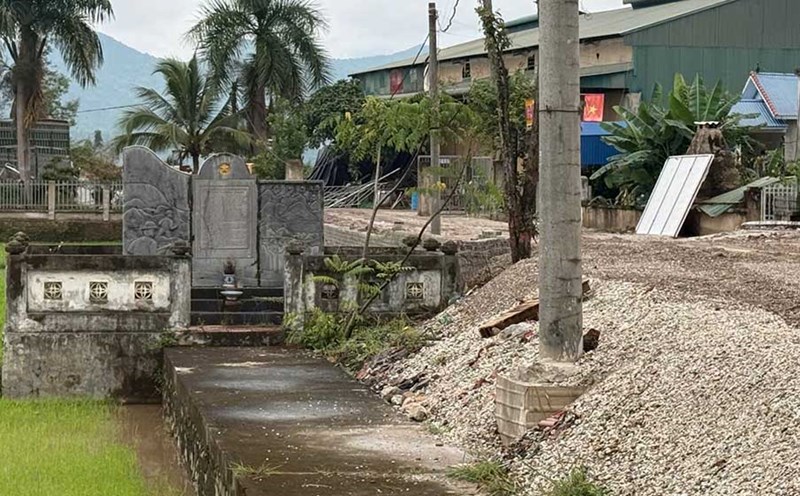Morning after waking up
After a long night's sleep of 6-8 hours, the body falls into a state of mild lack of water, while the liver and kidneys still work silently all night to filter the blood and eliminate toxins.
Drinking a glass of 250-300ml of warm water right after waking up will help:
stimulating blood circulation to the kidneys
Support the liver to eliminate toxins
Dilute urine, reducing the risk of urate or oxalate stones.
The group of people who drink water after waking up have a significantly higher function of filtering the renal cau (GFR) than the group who do not drink.
Note, you should drink lightly warm water, do not drink cold water suddenly because it can cause vasoconstriction.
30 minutes before meals
Drinking water about 30 minutes before meals helps activate digestive enzymes, while helping the kidneys to filter blood more effectively by maintaining stable blood pressure.
If you drink enough water before eating, the kidneys will easily regulate the reabsorption of sodium and water, thereby reducing the burden of thick urine excretion.
People who have the habit of drinking water before meals have lower levels of creatinine and uric acid in their blood, two indicators that directly reflect kidney health.
Drinking water before meals also helps avoid overeating, especially beneficial for people with metabolic syndrome, a factor that contributes to impaired chronic kidney function.
1-2 hours before bed
Night is the time when the body recovers and the excretion system is still working to eliminate toxins. However, if the body lacks water while sleeping, urine will be thicker, increasing the risk of crystallization to create stones, or reducing blood circulation to the kidneys.
You should drink about 100-150ml of water 1-2 hours before bed, especially for people with a history of kidney stones, high blood pressure or chronic kidney disease in the early stages.
However, drinking too much water right before bed can cause overnight, disrupting sleep, an indirect factor affecting kidney function and blood pressure.
According to the WHO, adults should drink 30-40ml/kg of body weight per day, equivalent to 1.5-2.5 liters/day.
Drinking water, warm water or slightly alkaline water is best. Limit soft drinks, gasated water or caffeine-rich water because it can cause excessive diuretic, dehydration and electrolyte loss.
People with kidney disease need to follow the water level prescribed by their doctor, avoid drinking too much that causes edema or increases the burden on the kidneys.











